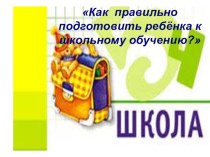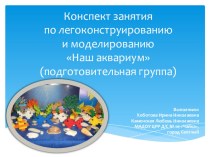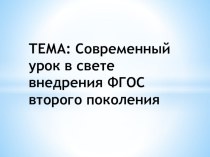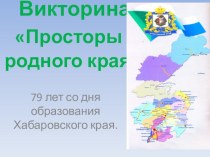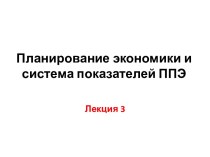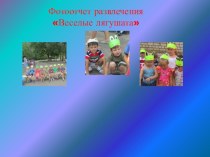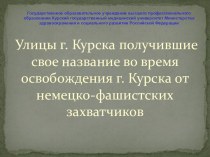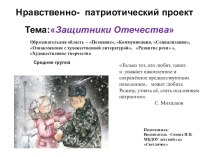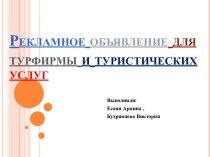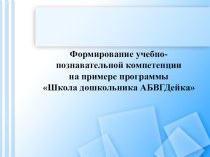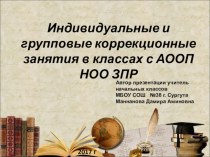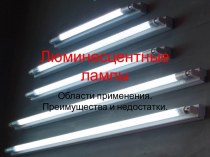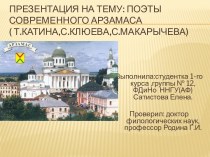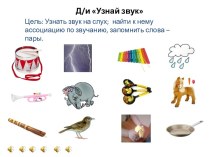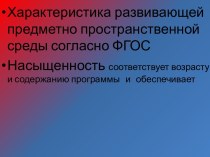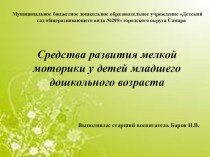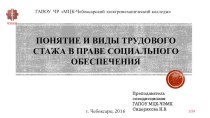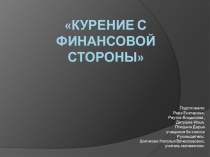- Главная
- Разное
- Бизнес и предпринимательство
- Образование
- Развлечения
- Государство
- Спорт
- Графика
- Культурология
- Еда и кулинария
- Лингвистика
- Религиоведение
- Черчение
- Физкультура
- ИЗО
- Психология
- Социология
- Английский язык
- Астрономия
- Алгебра
- Биология
- География
- Геометрия
- Детские презентации
- Информатика
- История
- Литература
- Маркетинг
- Математика
- Медицина
- Менеджмент
- Музыка
- МХК
- Немецкий язык
- ОБЖ
- Обществознание
- Окружающий мир
- Педагогика
- Русский язык
- Технология
- Физика
- Философия
- Химия
- Шаблоны, картинки для презентаций
- Экология
- Экономика
- Юриспруденция
Что такое findslide.org?
FindSlide.org - это сайт презентаций, докладов, шаблонов в формате PowerPoint.
Обратная связь
Email: Нажмите что бы посмотреть
Презентация на тему по предмету информатика Use of multimedia technologies in medicine
Содержание
- 2. Plan:I IntroductionUse of multimedia technologies in medicine.II Main partHistoryMultimedia Teleconferences and Tele-conceptionsTelemedicineIII ConclusionIV Bibliography
- 3. Use of multimedia technologies in medicine.
- 4. I INTRODUCTIONEach of us repeatedly heard that
- 5. History30 years ago, multimedia was limited
- 6. Multimedia is a computer technology that
- 7. Multimedia finds various applications, including education, medicine, production, science, art and entertainment.
- 8. At present, computer technologies have qualitatively changed
- 9. Computer and magnetic resonance imaging is
- 10. Ultrasound (ultrasound) - examination of organs and tissues with the help of ultrasonic waves.
- 11. An electronic queue is a software and
- 12. Teleconferences and Tele-conceptionsTele-conceptions are a meeting of
- 13. Telemedicine
- 14. Currently, the term "telemedicine" refers to the
- 15. In the history of telemedicine, some scholars
- 16. Periodization of telemedicine development by technological types
- 17. The main directions of telemedicine: Telemedicine
- 18. Telemedicine consultationsTelemedicine consultations are carried out by
- 19. Deferred teleconsultations This is the cheapest and
- 20. Consultations in real time A telemedicine system that
- 21. Tele-education Conducting lectures, video seminars, conferences using
- 22. Translation of surgical operations The use of
- 23. Mobile telemedicine complexes Mobile telemedicine complexes are
- 24. Systems of remote biomonitoring Tele-medical dynamic monitoring
- 25. Home Telemedicine This is the remote provision
- 26. Find the words
- 27. Modern life is hard to imagine
- 28. Bibliography : 1. June J. Parson and Dan Oja,
- 29. Скачать презентацию
- 30. Похожие презентации
Plan:I IntroductionUse of multimedia technologies in medicine.II Main partHistoryMultimedia Teleconferences and Tele-conceptionsTelemedicineIII ConclusionIV Bibliography
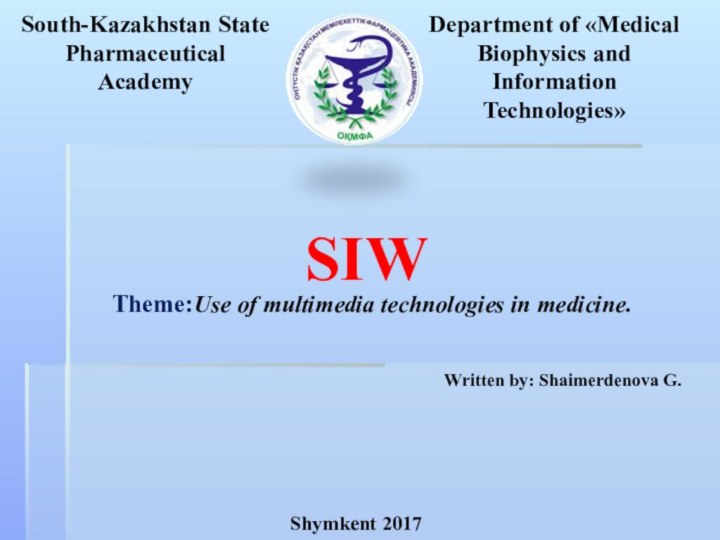
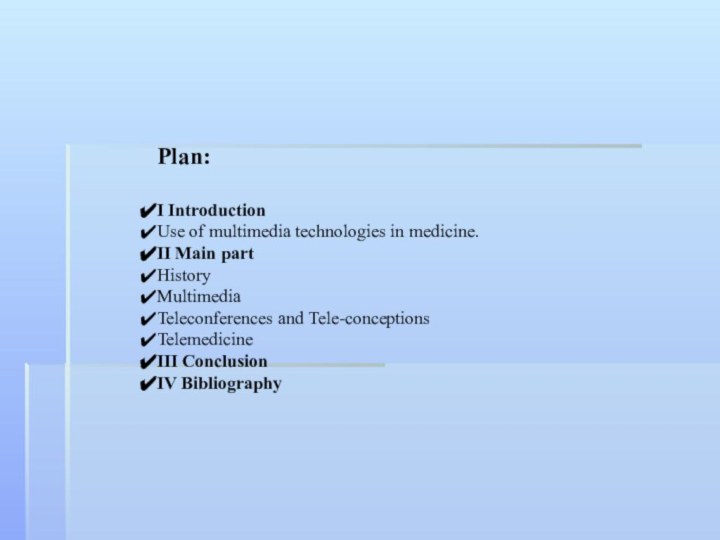
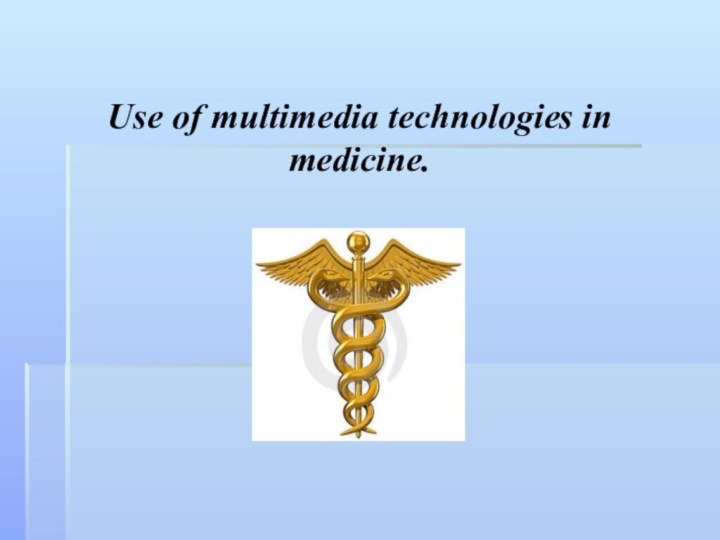
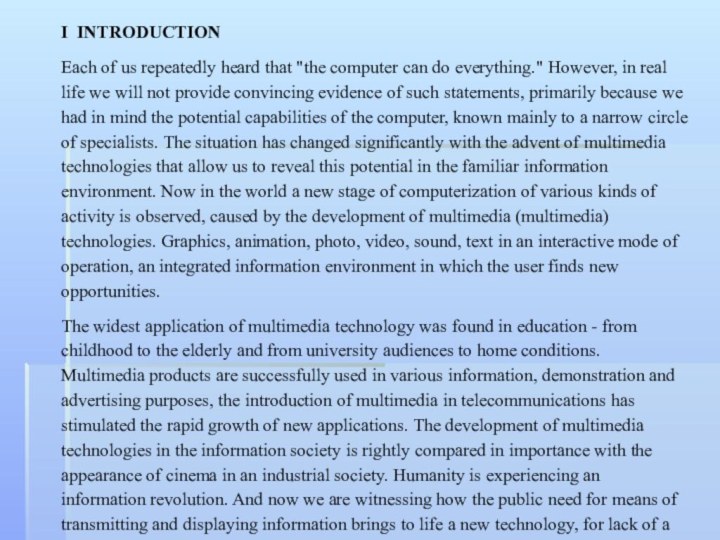
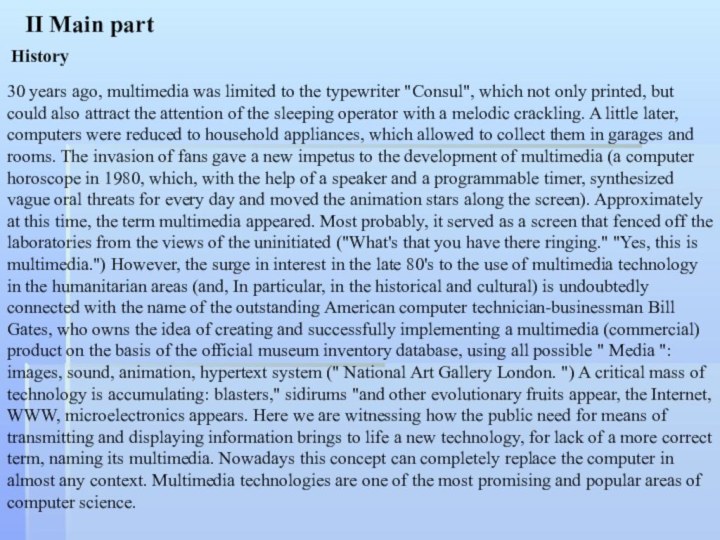
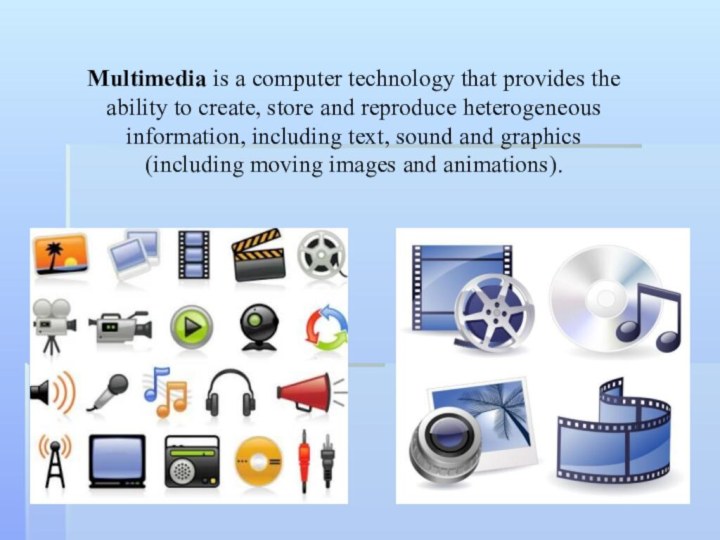
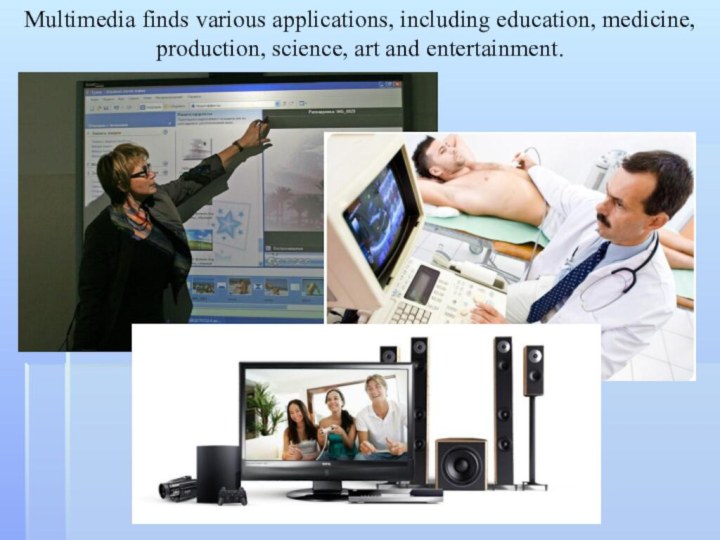
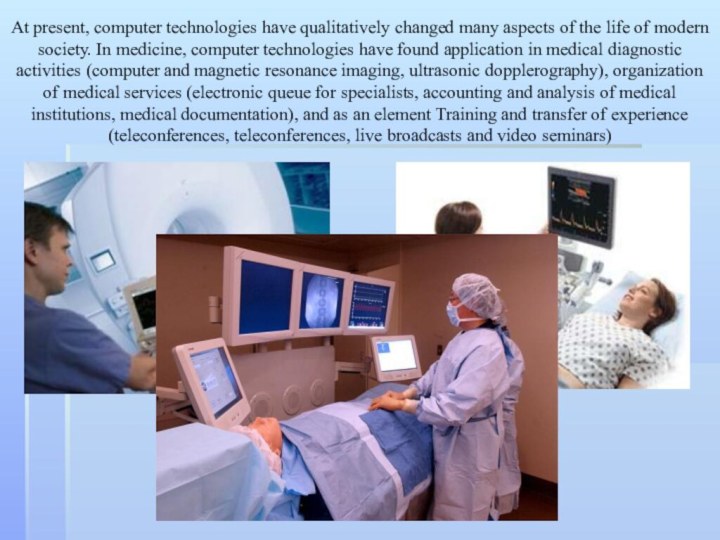
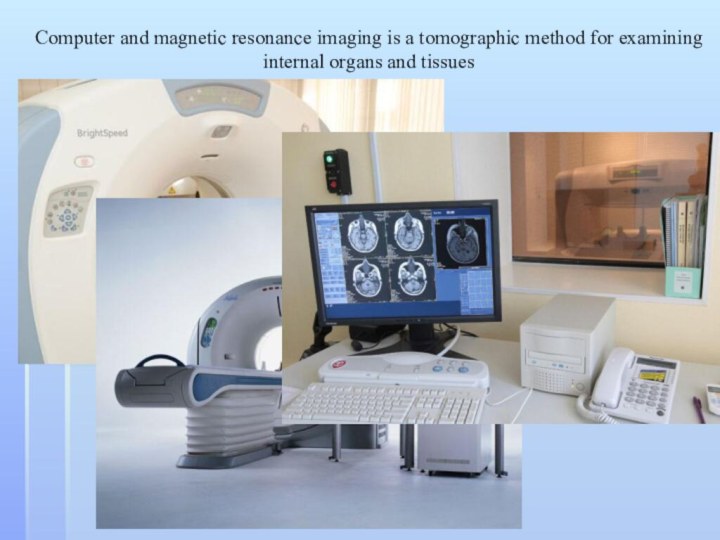
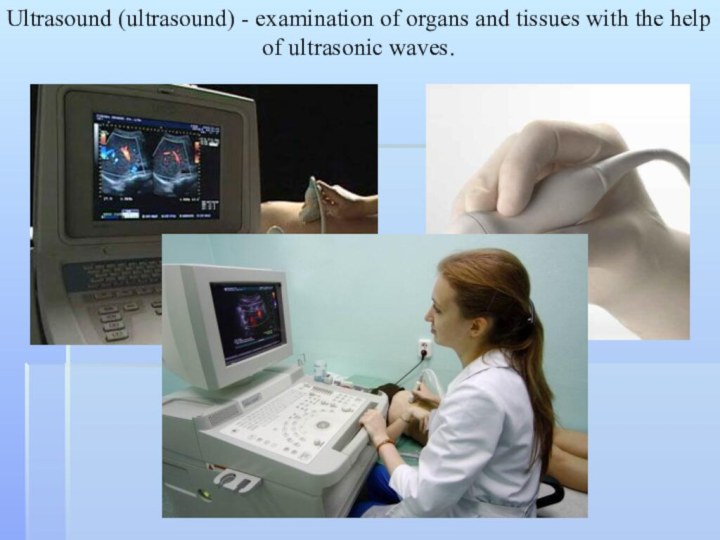
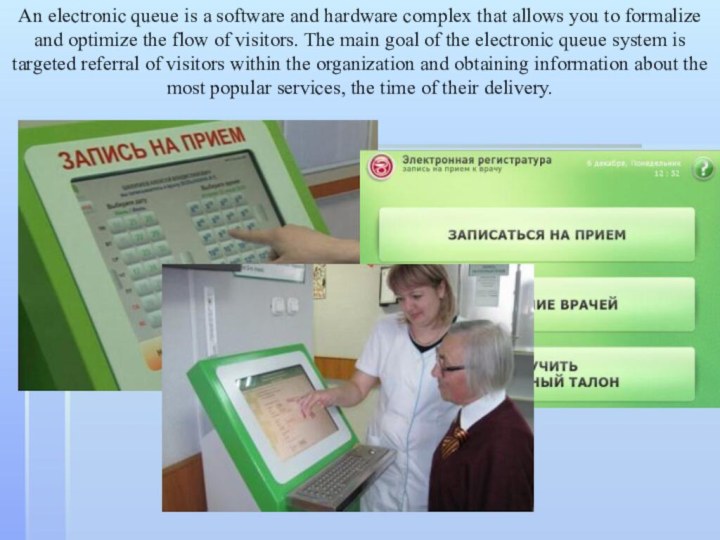
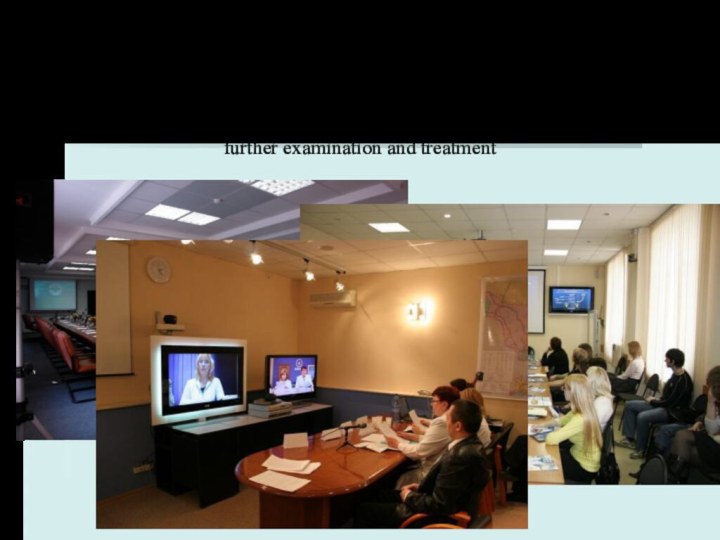
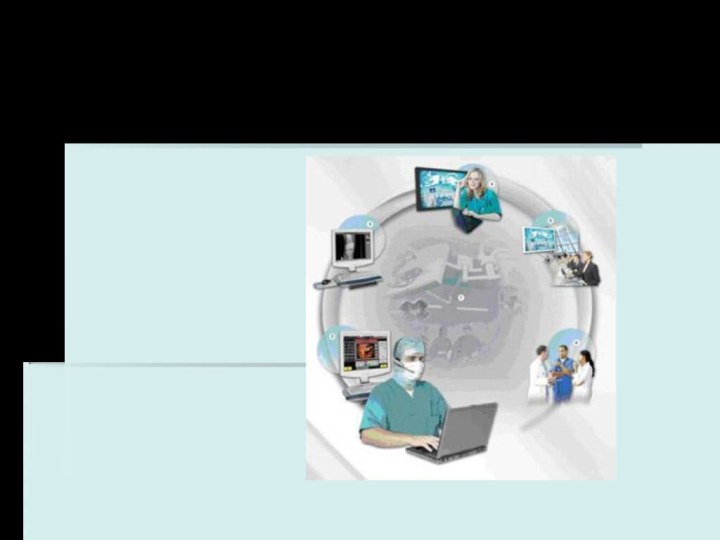
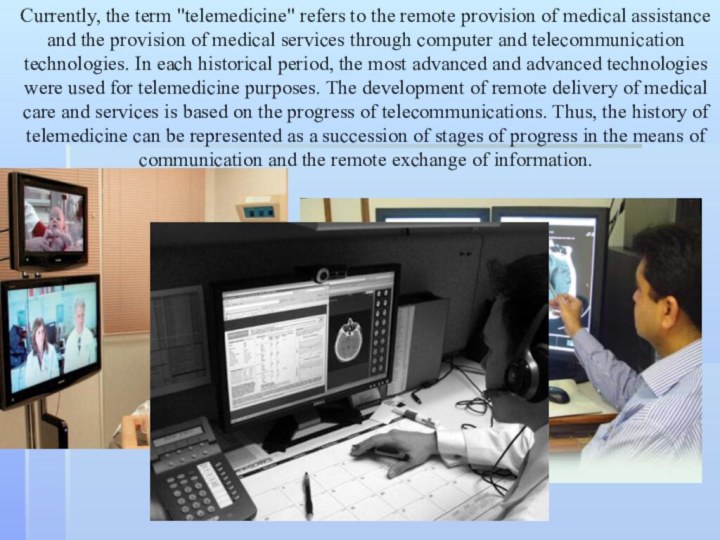
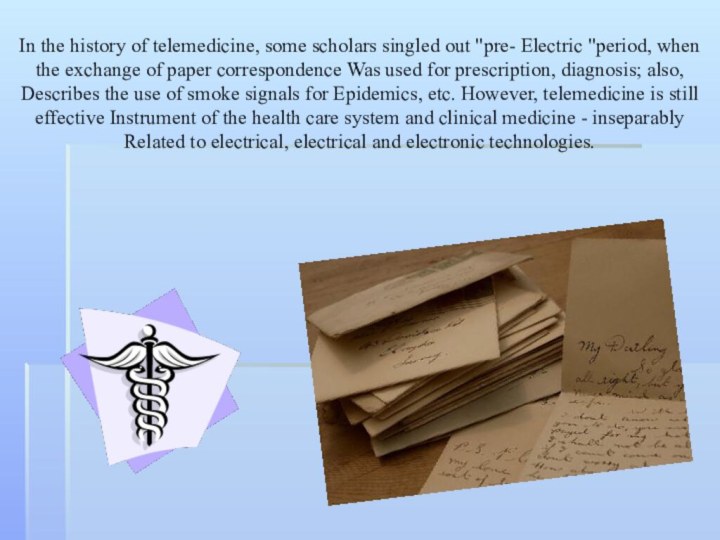
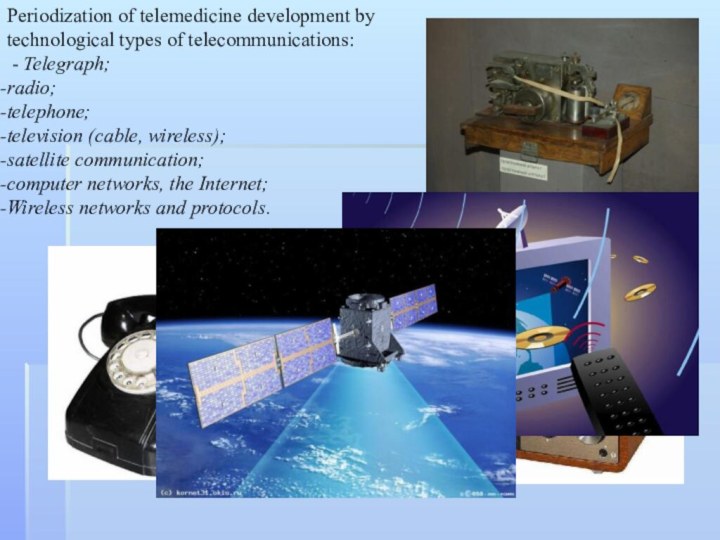
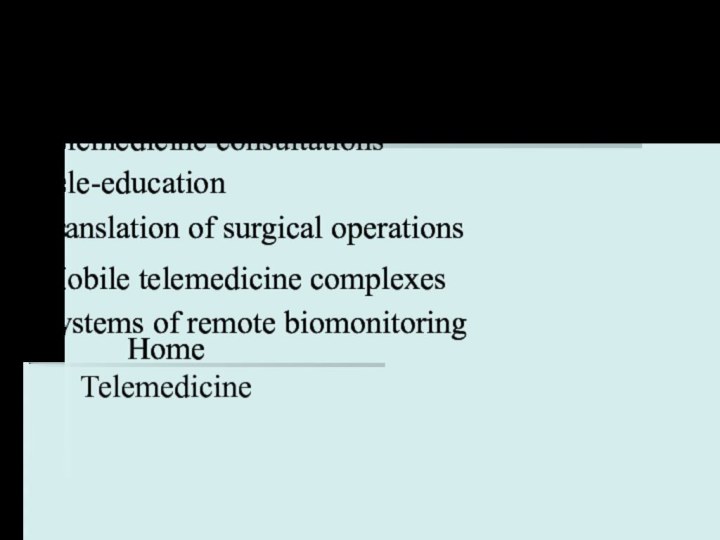
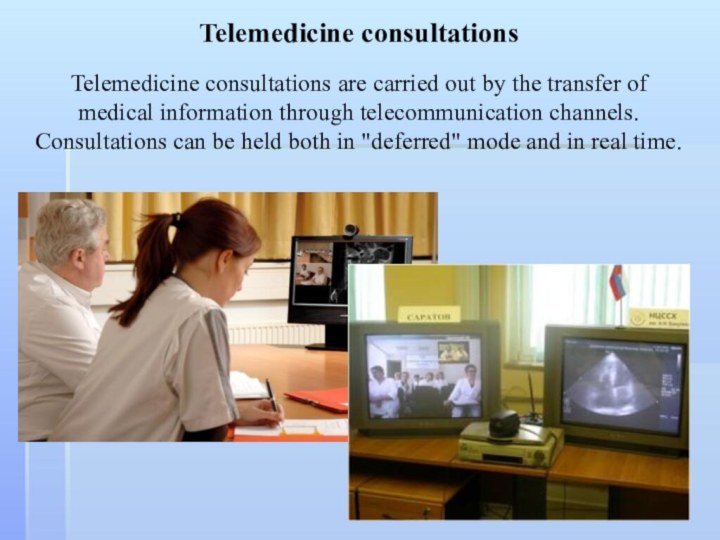
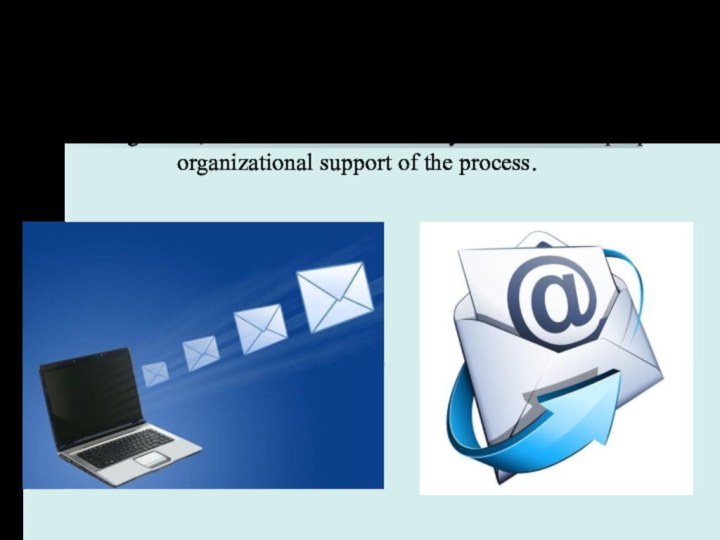
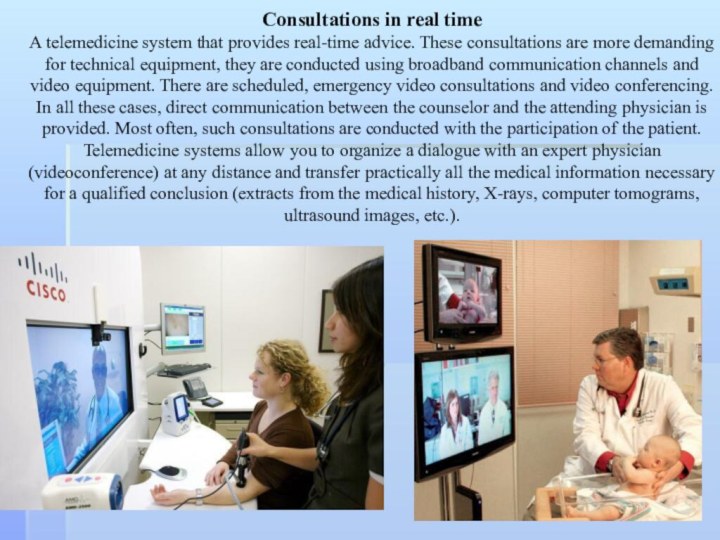
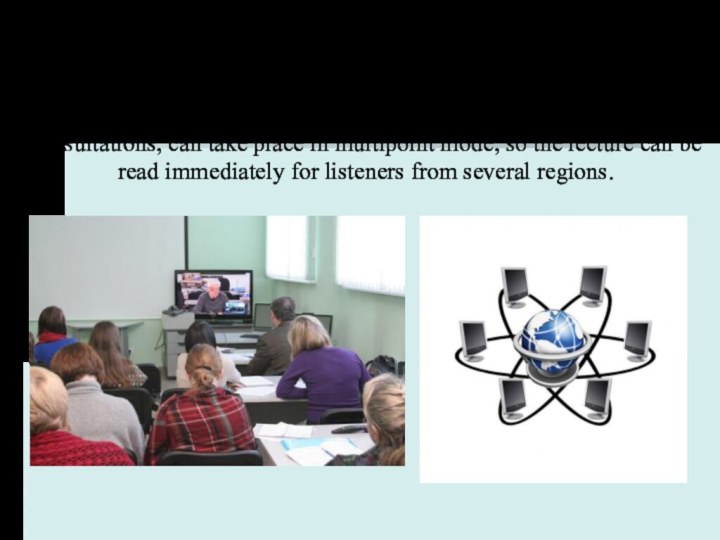
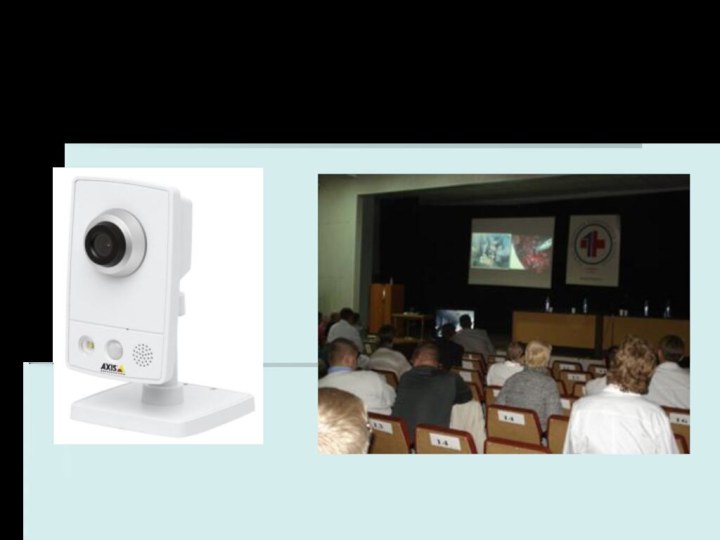
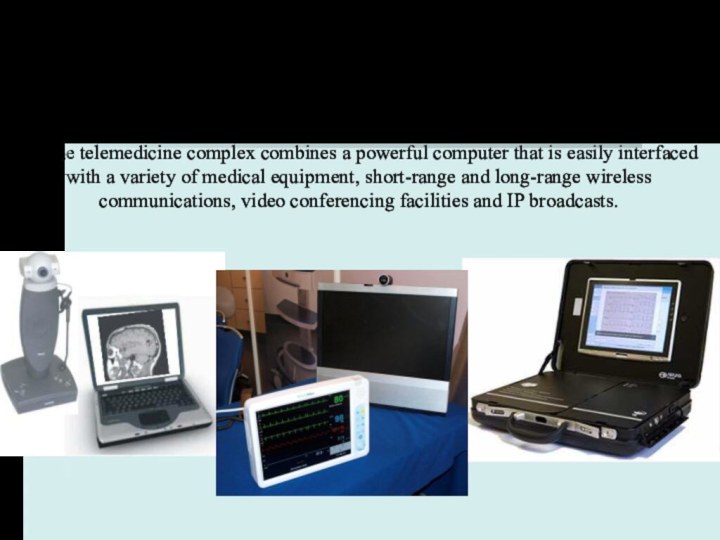
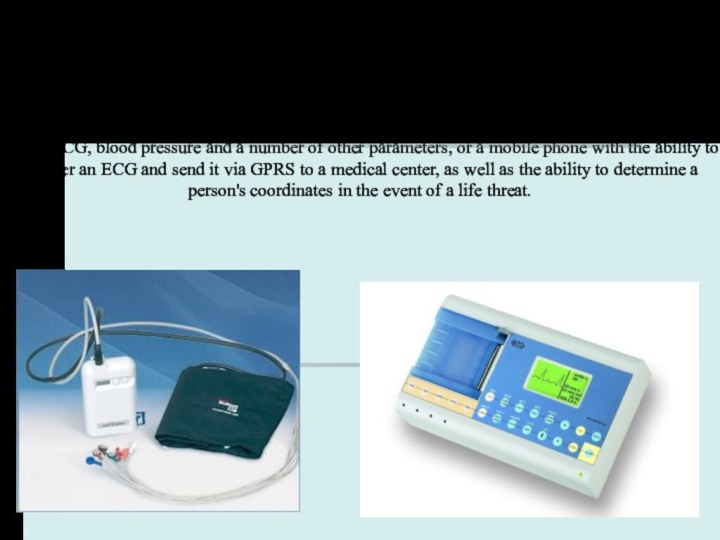
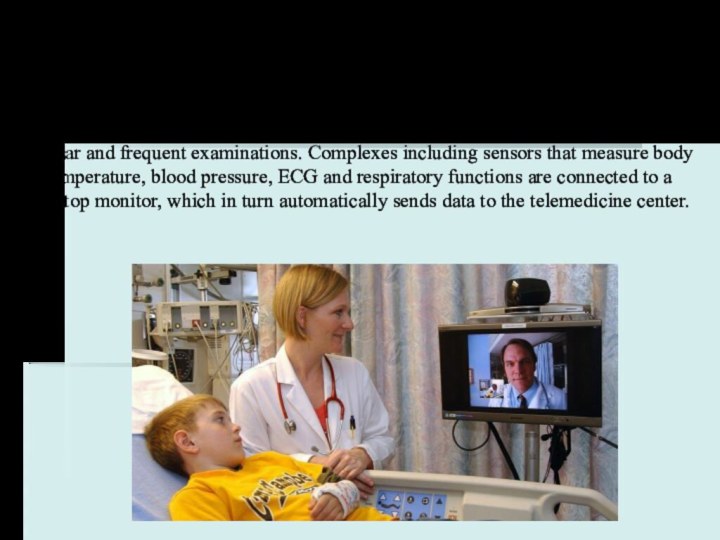
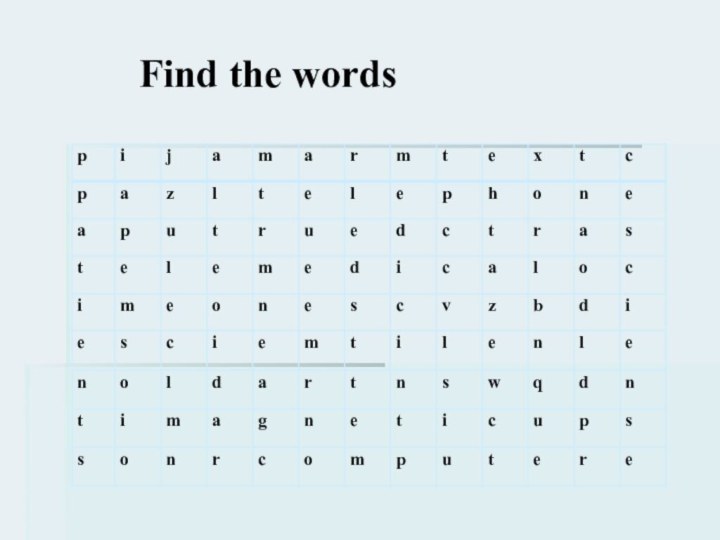
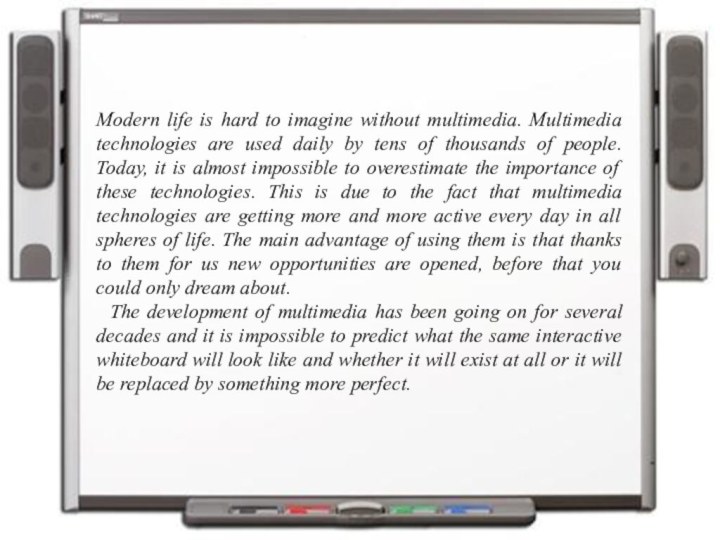
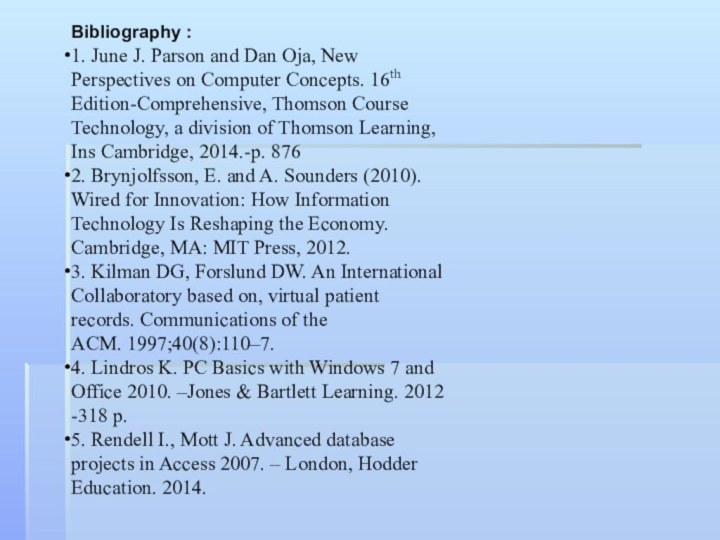

Слайд 4
I INTRODUCTION
Each of us repeatedly heard that "the
computer can do everything." However, in real life we
will not provide convincing evidence of such statements, primarily because we had in mind the potential capabilities of the computer, known mainly to a narrow circle of specialists. The situation has changed significantly with the advent of multimedia technologies that allow us to reveal this potential in the familiar information environment. Now in the world a new stage of computerization of various kinds of activity is observed, caused by the development of multimedia (multimedia) technologies. Graphics, animation, photo, video, sound, text in an interactive mode of operation, an integrated information environment in which the user finds new opportunities.The widest application of multimedia technology was found in education - from childhood to the elderly and from university audiences to home conditions. Multimedia products are successfully used in various information, demonstration and advertising purposes, the introduction of multimedia in telecommunications has stimulated the rapid growth of new applications. The development of multimedia technologies in the information society is rightly compared in importance with the appearance of cinema in an industrial society. Humanity is experiencing an information revolution. And now we are witnessing how the public need for means of transmitting and displaying information brings to life a new technology, for lack of a more correct term, naming its multimedia.
Слайд 5
History
30 years ago, multimedia was limited to
the typewriter "Consul", which not only printed, but could
also attract the attention of the sleeping operator with a melodic crackling. A little later, computers were reduced to household appliances, which allowed to collect them in garages and rooms. The invasion of fans gave a new impetus to the development of multimedia (a computer horoscope in 1980, which, with the help of a speaker and a programmable timer, synthesized vague oral threats for every day and moved the animation stars along the screen). Approximately at this time, the term multimedia appeared. Most probably, it served as a screen that fenced off the laboratories from the views of the uninitiated ("What's that you have there ringing." "Yes, this is multimedia.") However, the surge in interest in the late 80's to the use of multimedia technology in the humanitarian areas (and, In particular, in the historical and cultural) is undoubtedly connected with the name of the outstanding American computer technician-businessman Bill Gates, who owns the idea of creating and successfully implementing a multimedia (commercial) product on the basis of the official museum inventory database, using all possible " Media ": images, sound, animation, hypertext system (" National Art Gallery London. ") A critical mass of technology is accumulating: blasters," sidirums "and other evolutionary fruits appear, the Internet, WWW, microelectronics appears. Here we are witnessing how the public need for means of transmitting and displaying information brings to life a new technology, for lack of a more correct term, naming its multimedia. Nowadays this concept can completely replace the computer in almost any context. Multimedia technologies are one of the most promising and popular areas of computer science.II Main part
Слайд 6 Multimedia is a computer technology that provides the
ability to create, store and reproduce heterogeneous information, including
text, sound and graphics (including moving images and animations).Слайд 7 Multimedia finds various applications, including education, medicine, production,
science, art and entertainment.
Слайд 8 At present, computer technologies have qualitatively changed many
aspects of the life of modern society. In medicine,
computer technologies have found application in medical diagnostic activities (computer and magnetic resonance imaging, ultrasonic dopplerography), organization of medical services (electronic queue for specialists, accounting and analysis of medical institutions, medical documentation), and as an element Training and transfer of experience (teleconferences, teleconferences, live broadcasts and video seminars)Слайд 9 Computer and magnetic resonance imaging is a tomographic
method for examining internal organs and tissues
Слайд 10 Ultrasound (ultrasound) - examination of organs and tissues
with the help of ultrasonic waves.
Слайд 11 An electronic queue is a software and hardware
complex that allows you to formalize and optimize the
flow of visitors. The main goal of the electronic queue system is targeted referral of visitors within the organization and obtaining information about the most popular services, the time of their delivery.
Слайд 12
Teleconferences and Tele-conceptions
Tele-conceptions are a meeting of several
scientists of one or several specialties, whose members are
territorially removed from each other and which is carried out using telecommunication means. The consultation may be necessary to establish the health status of the examinee, the diagnosis, the determination of the prognosis, the tactics of further examination and treatmentСлайд 14 Currently, the term "telemedicine" refers to the remote
provision of medical assistance and the provision of medical
services through computer and telecommunication technologies. In each historical period, the most advanced and advanced technologies were used for telemedicine purposes. The development of remote delivery of medical care and services is based on the progress of telecommunications. Thus, the history of telemedicine can be represented as a succession of stages of progress in the means of communication and the remote exchange of information.Слайд 15 In the history of telemedicine, some scholars singled
out "pre- Electric "period, when the exchange of paper
correspondence Was used for prescription, diagnosis; also, Describes the use of smoke signals for Epidemics, etc. However, telemedicine is still effective Instrument of the health care system and clinical medicine - inseparably Related to electrical, electrical and electronic technologies.Слайд 16 Periodization of telemedicine development by technological types of
telecommunications:
- Telegraph;
radio;
telephone;
television (cable, wireless);
satellite
communication; computer networks, the Internet;
Wireless networks and protocols.
Слайд 17
The main directions of telemedicine:
Telemedicine consultations
Tele-education
Translation of surgical
operations
Mobile telemedicine complexes
Systems of remote biomonitoring
Home Telemedicine
Слайд 18
Telemedicine consultations
Telemedicine consultations are carried out by the
transfer of medical information through telecommunication channels. Consultations can
be held both in "deferred" mode and in real time.
Слайд 19
Deferred teleconsultations
This is the cheapest and easiest
way to organize a consultation at a distance by
sending medical information via e-mail. It is not suitable for emergencies, but it is low-cost and very effective with proper organizational support of the process.
Слайд 20
Consultations in real time
A telemedicine system that provides
real-time advice. These consultations are more demanding for technical
equipment, they are conducted using broadband communication channels and video equipment. There are scheduled, emergency video consultations and video conferencing. In all these cases, direct communication between the counselor and the attending physician is provided. Most often, such consultations are conducted with the participation of the patient. Telemedicine systems allow you to organize a dialogue with an expert physician (videoconference) at any distance and transfer practically all the medical information necessary for a qualified conclusion (extracts from the medical history, X-rays, computer tomograms, ultrasound images, etc.).
Слайд 21
Tele-education
Conducting lectures, video seminars, conferences using telecommunications
equipment. During such lectures the teacher can have an
interactive contact with the audience. Lectures, like video consultations, can take place in multipoint mode, so the lecture can be read immediately for listeners from several regions.
Слайд 22
Translation of surgical operations
The use of network
cameras allows organizing the translation of a surgical operation.
Слайд 23
Mobile telemedicine complexes
Mobile telemedicine complexes are being
developed for work at the accident sites. Small-sized mobile
diagnostic complexes can be used in the absence of telemedicine cabinets and centers, directly there where there was a necessity. By these means, it is advisable to equip ambulances, family doctors, district and rural hospitals. The modern mobile telemedicine complex combines a powerful computer that is easily interfaced with a variety of medical equipment, short-range and long-range wireless communications, video conferencing facilities and IP broadcasts.Слайд 24 Systems of remote biomonitoring Tele-medical dynamic monitoring systems are
used to monitor patients suffering from chronic diseases, as
well as at industrial facilities to monitor workers' health (for example, operators at nuclear power plants). The direction of development of such systems is the integration of sensors into clothing, various accessories, mobile phones. For example, a vest with a set of biosensors that record ECG, blood pressure and a number of other parameters, or a mobile phone with the ability to register an ECG and send it via GPRS to a medical center, as well as the ability to determine a person's coordinates in the event of a life threat.
Слайд 25
Home Telemedicine
This is the remote provision of
medical care to a patient undergoing treatment at home.
Special telemedicine equipment collects and transmits the patient's medical data from his home to a remote telemedicine center for further processing by specialists. This is important, for example, for patients with heart failure who need regular and frequent examinations. Complexes including sensors that measure body temperature, blood pressure, ECG and respiratory functions are connected to a desktop monitor, which in turn automatically sends data to the telemedicine center.Слайд 27 Modern life is hard to imagine without multimedia.
Multimedia technologies are used daily by tens of thousands
of people. Today, it is almost impossible to overestimate the importance of these technologies. This is due to the fact that multimedia technologies are getting more and more active every day in all spheres of life. The main advantage of using them is that thanks to them for us new opportunities are opened, before that you could only dream about. The development of multimedia has been going on for several decades and it is impossible to predict what the same interactive whiteboard will look like and whether it will exist at all or it will be replaced by something more perfect.
Слайд 28
Bibliography :
1. June J. Parson and Dan Oja, New
Perspectives on Computer Concepts. 16th Edition-Comprehensive, Thomson Course Technology,
a division of Thomson Learning, Ins Cambridge, 2014.-p. 8762. Brynjolfsson, E. and A. Sounders (2010). Wired for Innovation: How Information Technology Is Reshaping the Economy. Cambridge, MA: MIT Press, 2012.
3. Kilman DG, Forslund DW. An International Collaboratory based on, virtual patient records. Communications of the ACM. 1997;40(8):110–7.
4. Lindros K. PC Basics with Windows 7 and Office 2010. –Jones & Bartlett Learning. 2012 -318 p.
5. Rendell I., Mott J. Advanced database projects in Access 2007. – London, Hodder Education. 2014.


